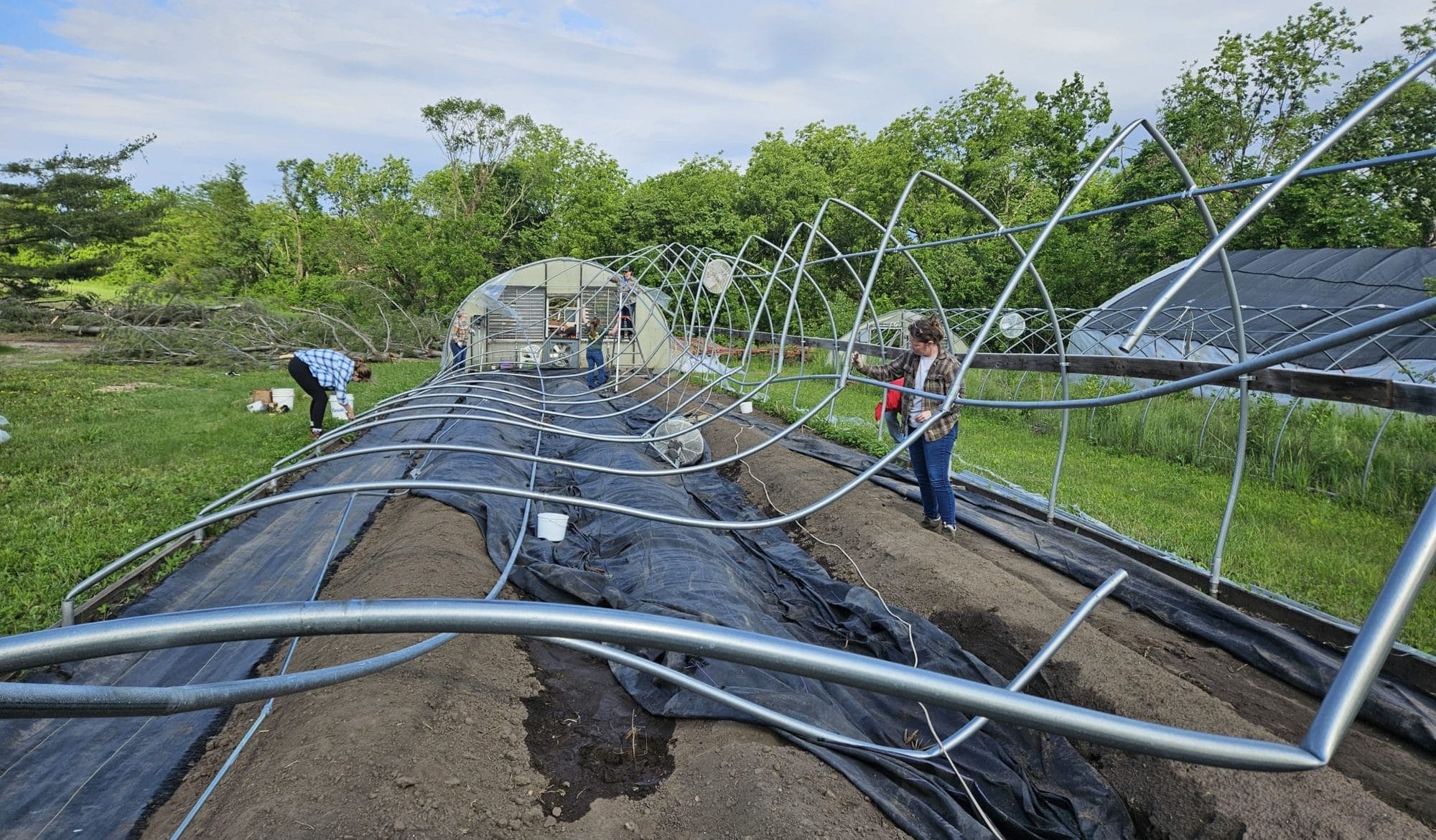Mounting Insurance Challenges Face Specialty Crop Farmers in Iowa
Across Iowa, farmers are encountering challenges with property and liability insurance that put their businesses at risk.
Multiple farmers in the PFI network shared concerns about their difficulty securing this critical type of private insurance and what they hear from insurance companies. In response, PFI organized three farmer meet-ups over Zoom to provide space for farmer-to-farmer sharing about individual experiences and learning.
These meet-ups started by distinguishing between insurance for property and liability and insurance for crops.
Property and liability coverage comes from private companies. Property insurance protects structures, equipment and assets, while liability insurance protects farmers from financial ruin related to products, activities and public access.
Crop insurance is a product available through federal government programs to cover yield and revenue losses related to weather, insect and disease damage. USDA’s Risk Management Agency administers these programs and has recently sought to make this resource more accessible to specialty crop farmers.
The challenges related to coverage for specialty crops are real and important, but they are separate from the property and liability insurance issues featured in these meetings.
In addition to inviting farmers, PFI reached out to government officials, agency representatives and aligned organizations to listen to farmers during these meetups. In some cases, farmers were able to ask them questions directly. Over the course of the three gatherings, a few takeaway ideas emerged.
Insurance Companies Appear More Risk Averse
Insurers have always managed their risk strategically. But the experiences farmers conveyed, combined with input from experts in attendance at the meet-ups and insurance trends reported nationally, as well as insurance trends in Iowa, indicate an increased risk aversion with the impacts showing up in new ways.
Farmers reported that structures on their farms that previously were covered have recently been denied; practices that have been in place for years are now cited as reasons for nonrenewal; and insurers are generally hesitant to cover operations and products outside the mainstream as they are unable to quantify the risk of these systems.
The impact of extreme weather has also played a role. As the frequency and intensity of storms have increased, so has the amount of property damage and the number of insurance claims. As more than one farmer attested, battles with insurance companies to fulfill claims seem increasingly difficult.
Stories of insurance companies pulling out states prone to extreme weather have been reported in national news since early 2024. Iowa is among these states.
Rachel Armstrong from Farm Commons attended one of the meet-ups and summarized the insurance situation in Iowa.
“These stories are familiar around the country. Iowa has been disproportionately impacted due to extreme weather events. [The experiences these farmers are sharing] mirror challenges accessing farm property/liability coverage in California and Florida,” Rachel said. “Traditional insurance companies are stressed, and they are restructuring risk portfolios in ways that hurt “new” things, like on-farm education.”
One farmer who sustained extensive derecho damage shared that their insurance company cited the farmer’s claims history as the reason for rejecting their policy renewal. This led to the farmer’s high tunnel, pack shed and other structures losing coverage in addition to their home due to the company’s policy bundling requirements.
Insurers Find Risk Difficult to Gauge on Diverse Farms
Farmers whose operations do not comply with the state’s status quo, such as those pursuing diversification and accessing direct markets, seem to feel the brunt of this shift among insurers. As one farmer shared during a meet-up, “Many insurers won’t touch my product because they can’t quantify risk, so they are unwilling to insure it.”
These operations were once insured with affordable, sufficient coverage for property and liability insurance. Some farmers have found that those policies are now unavailable to them, with insurance companies citing a range of reasons for nonrenewal. Farmers in the meet-ups shared the following examples:
- Too many enterprises
- Hosting tours and events
- Employing teens
- Selling eggs
- Growing leafy greens
- Too small
- Direct sales of meat
- Having high tunnels
- Marketing through a CSA model
- Raising chickens and eggs
- Experiential education programs on livestock
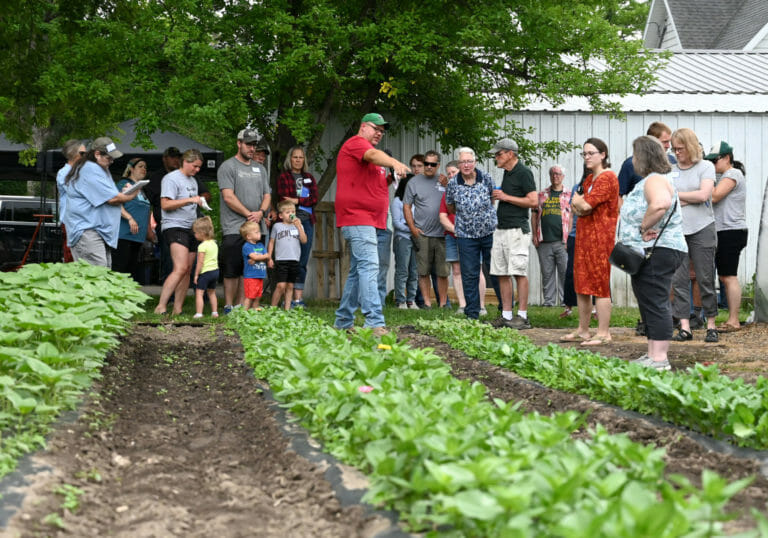 View image
View image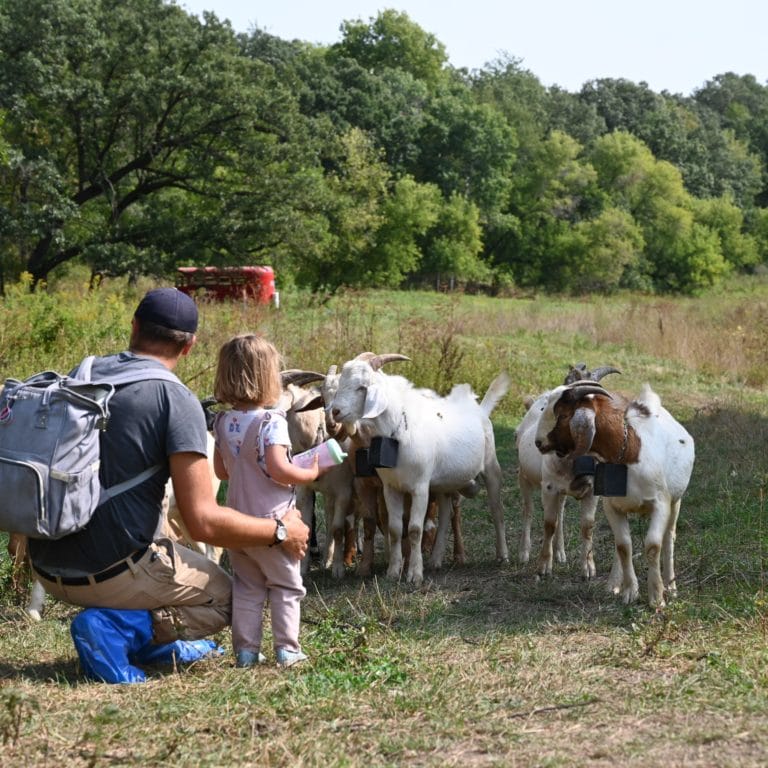 View image
View image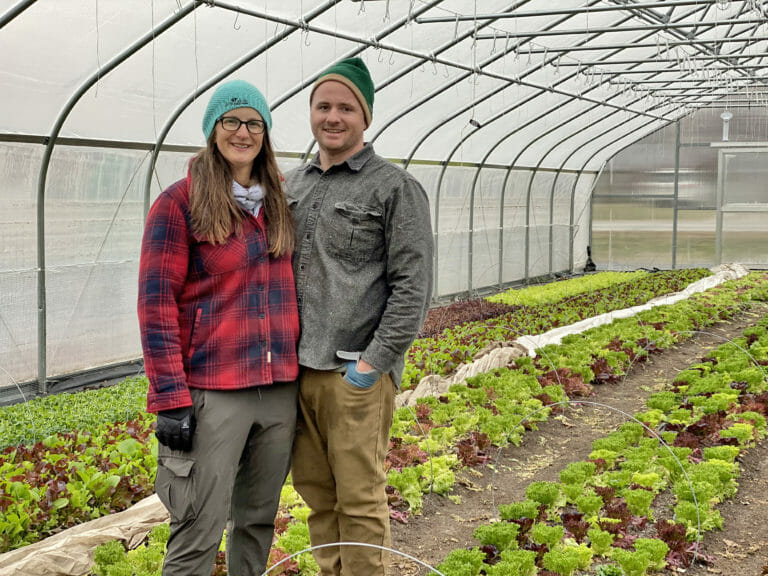 View image
View image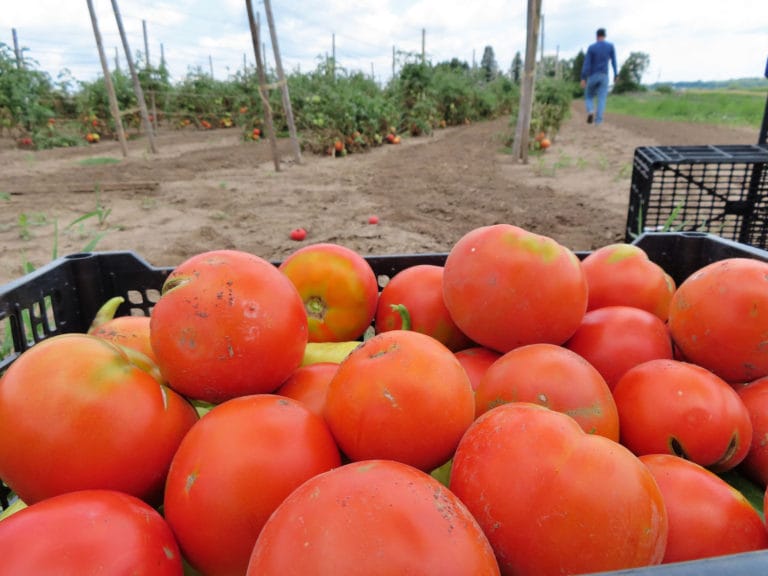 View image
View imageFor many small farms, these precise practices are foundational and essential to their production and marketing. Even when farmers offer to adapt their practices to secure insurance coverage, they have reported that insurers refused.
For the time being, many farmers are continuing to pursue these practices, despite a lack of coverage. They are left to assume the risk themselves.
Farmers Experiencing These Challenges Are Not Alone
The famers who attended the meet-up expressed appreciation for the opportunity to share their perspectives, talk about their experiences, discuss the impacts and hear from others. One farmer who attended all three meetings expressed hopefulness at hearing from others. “If it’s just me talking to my insurance company, I don’t feel like I can do much. But in this case, there is power in numbers. More voices have more power. If we can work together, it feels like we can have the chance to make an impact.”
Policymakers Want to Hear from Farmers
Several meet-up participants were associated with policymakers, government agencies and advocacy organizations. Each of these individuals was keenly interested in hearing from farmers about what they are experiencing with insurance. Their feedback was helpful and their engagement with the issue is encouraging.
Toby Cain serves as Chief of Staff for the USDA RMA and is a Decorah, Iowa, resident. Toby attended a meet-up and followed up with resources. “We want to stay informed about challenges producers are facing so that we can inform [USDA leadership],” Toby says.
Yet it was also clear that these challenges do not have simple fixes.
Property and liability insurance products are available from private companies and regulated by laws determined at a state level. Agencies like the USDA and IDALS are unable to impose changes on insurance companies; changing those laws requires a legislative process.
Elevating these experiences and concerns among agency and government officials was a good start. The more farmers are willing to contribute to the conversation, the greater the potential for engagement and impact. PFI will continue to gather information and experiences from farmers to share.
If you have experiences to share or other feedback related to private insurance protection for your farm operation, reach out to Jacqueline Venner Senske at jacqueline.venner.senske(at)practicalfarmers(dot)org.
Resources
- Communicate with your state legislators to share your experience.
- California FAIR PLAN Property Insurance
This is an example of a solution in one state. California offers a public option for commercial operators who cannot find a company that will cover their property. Coverage is very limited, and rates are high, but this is a potential solution. - News Release, 8/31/2023: RMA Announces Changes to Whole Farm Revenue Protection and Micro Farm Policies
- USDA RMA Policyholder Bill of Rights,
- USDA RMA, Manage Your Farm Risk: Resources for Farmer and Ranchers
- Crop Insurance for Innovative Producer and Urban Farmers
- Reach out directly to Toby Cain, USDA RMA Chief of Staff, Toby.Cain(at)usda(dot)gov
- Specialty Crop Insurance Options – Overview and Resources, ISU Extension, June 2021.

